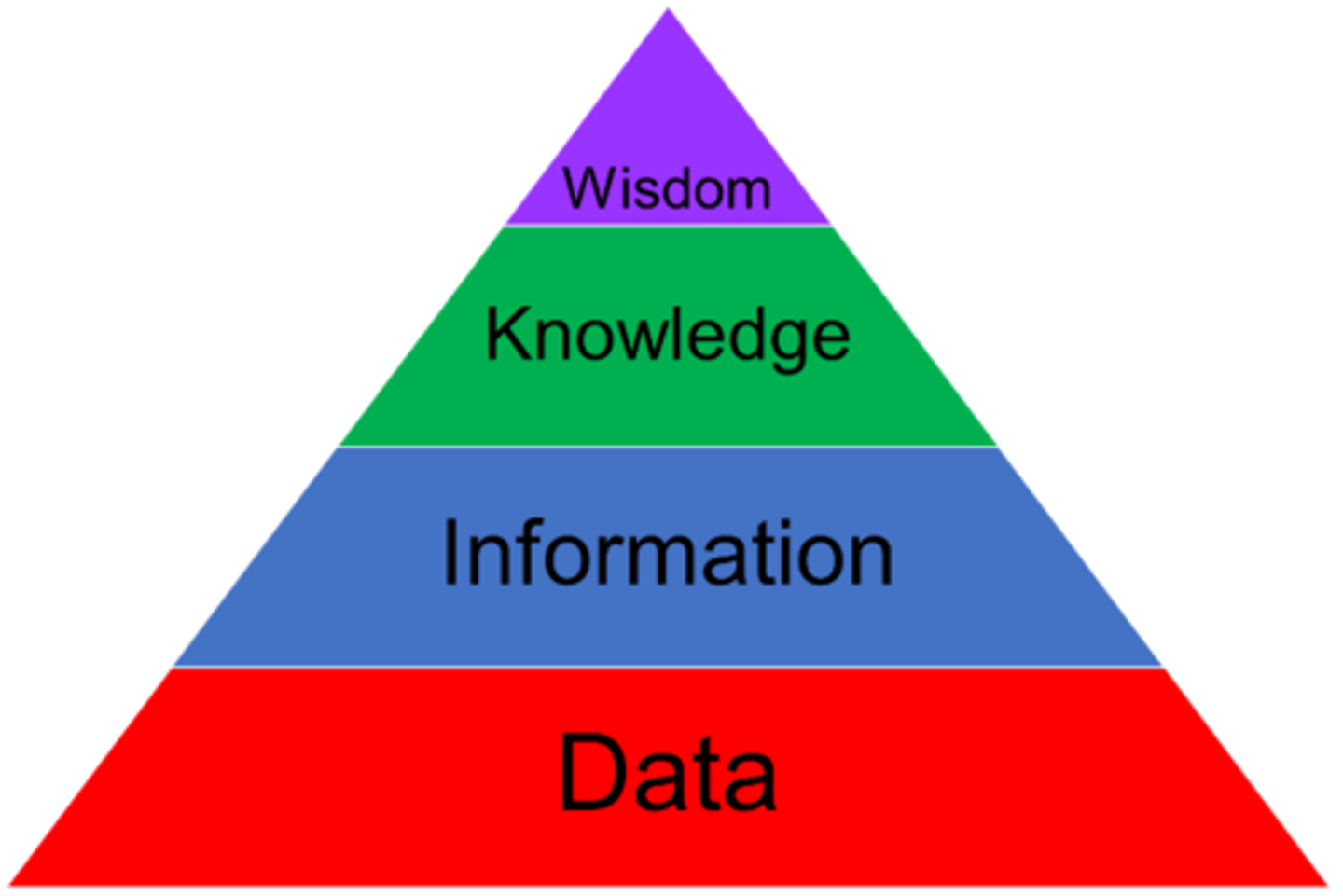Health Informatics Overview
1/22
There's no tags or description
Looks like no tags are added yet.
Name | Mastery | Learn | Test | Matching | Spaced | Call with Kai |
|---|
No analytics yet
Send a link to your students to track their progress
23 Terms
People who work in the area of informatics are generally referred to as
informaticians
Informaticians require training in what areas?
data acquisition, storage, retrieval, privacy/securing, and presentation
What are 'information systems'
tools organizations use to collect, manage and analyze data; comprised of computer hardware and software
Machine Learning
branch of computer science that essentially involves creating algorithms that can improve automatically
T/F: Machine Learning is new in data analysis
FALSE
been around since 1950s; but is being applied more regularly as data storage and computational power has improved.
Healthcare generates BLANK of all worlds data (ratio)
1/3
Informatics definition
the science of using technology to turn data into useful information
Healthcare informatics
use of informatics to turn data into insights that improve patient outcomes and healthcare delivery
What does DIKW hierarchy stand for
Data
Information
Knowledge
Wisdom
core concept in informatics; representing the transitions from raw data to actions

BLANK is the collection of unorganized, RAW numbers, symbols, text.
data
BLANK data has been processed and organized, but LACKS context
information
BLANK reflects HOW information relates to other information and how it could be applied
knowledge
BLANK is thoughtful application of knowledge to guide action or inaction
wisdom
T/F: informatics is about replacing human judgment, training, and experience
FALSE
T/F: informatics is about using information resources to augment human decision making
TRUE
What the the theorem of informatics called
Fundamental Theorem

What is the Fundamental Theorem of Informatics
describes the importance of computer-human partnership

T/F: healthcare was slower to invest in information technology
TRUE
WHY did/does healthcare lag behind in the world of technology/informatics?
healthcare is COMPLEX
- VAST number of services offered, LOTS of types of patients
-3rd party payers involved
-concerns about privacy
-greater regulation
-persistence of paper based records
T/F: informatics allows for more value-based reimbursement
TRUE:
greater emphasis on quality of care vs quantity
organizations required to track/report certain quality measures (i.e., readmissions)
Recency Bias
when the newest, or most recent, information carries the most weight
ex of imaging referral in class: recently had a patient who you didn't send for imaging end of having a fractured foot so you are more likely to send next patient for imaging even if its not needed.
health informatics helps us see the bigger picture and avoid this phenomenon
Compliance Monitoring
Activities undertaken to establish whether a process or procedure is carried out in conformance with relevant external requirements
informatics helps flag issues with reporting/compliance before its a bigger problem
"if its not documented it didn't happen!"
data mining
the process of analyzing data to extract information not offered by the raw data alone